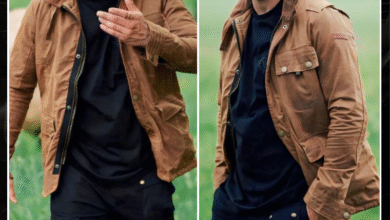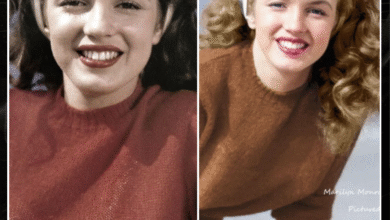Johnny Depp Reveals the Dark Side of Greenscreen Acting: ‘The Green Beats You Up’
OPINION: This article may contain commentary which reflects the author's opinion.
Johnny Depp has spent decades dazzling audiences with performances that range from eccentric to hauntingly naturalistic. But even for an actor of his extraordinary range, not every type of filmmaking comes naturally. In a candid reflection, Depp admitted that one particular style—greenscreen acting—left him exhausted, frustrated, and, in his own words, “befuddled.”
Depp’s disenchantment with greenscreen-heavy productions came to light during his work on Tim Burton’s 2010 adaptation of Alice in Wonderland. Though Depp was excited to reunite with Burton—marking their seventh collaboration—the production presented challenges neither he nor the rest of the cast fully anticipated. Aside from two weeks of shooting real-world scenes in Cornwall, England, nearly the entire film was shot inside a Los Angeles studio, where the “Wonderland” setting would be conjured digitally after filming.
For Depp, who built much of his early career in an era of practical sets and tangible locations, the sterile, surreal environment quickly wore thin. Speaking to The Telegraph, he admitted, “The novelty of the green wears off very quickly. It’s exhausting, actually.”
Depp wasn’t alone in his struggles. Director Tim Burton described the experience as disorienting, explaining that both cast and crew would sometimes find themselves questioning, “Who are we again? Where are we?” Working under relentless bright lights against blank green backdrops even caused physical malaise for some, prompting Burton to outfit his glasses with lavender lenses to combat the sickly effects.
The sheer emptiness of the set made it difficult for actors to ground their performances. For Depp, who thrives on responding to tangible environments and physical obstacles, it was an artistic stumbling block. “I like an obstacle,” he explained. “I don’t mind having to spew dialogue while stepping over dolly track or talking to a piece of tape. At least there’s something to work around.”
But the overwhelming blankness of greenscreen filmmaking—without even props or physical sets to latch onto—sapped the creative energy he’s known for. “The green beats you up,” Depp confessed. “You’re kind of befuddled at the end of the day.”
While Depp has adapted to special effects-heavy productions before, as seen in the Pirates of the Caribbean series, Alice in Wonderland clearly tested his limits. His experience underscores a broader tension in modern Hollywood between digital innovation and the tactile reality that actors often need to deliver their most authentic performances.
For Depp, and for many others of his generation, the move away from practical filmmaking is not just a technical shift—it’s a fundamental change to the art of acting itself.



